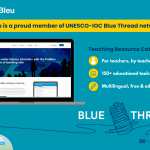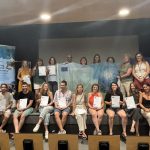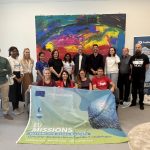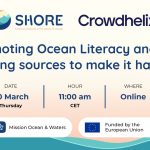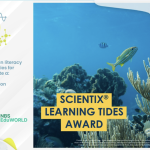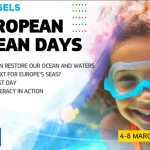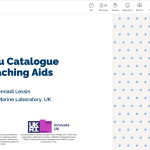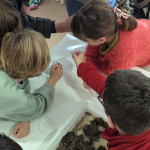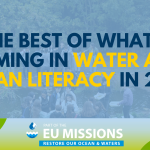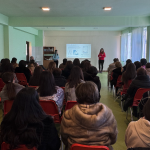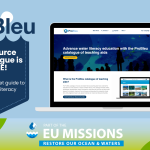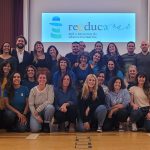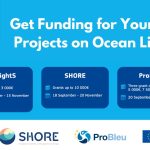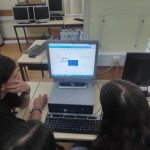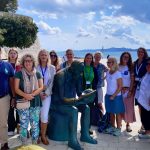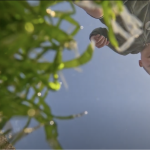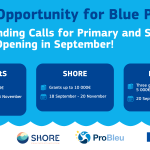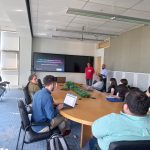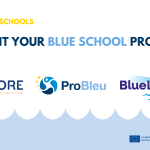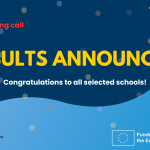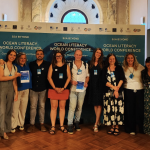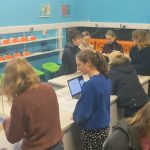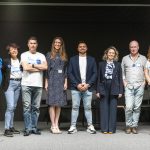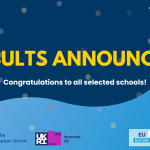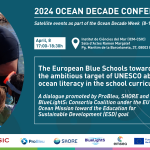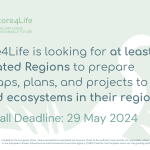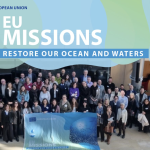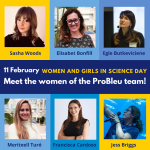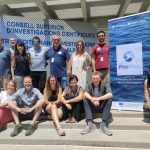
Picture: The Science Story “Exploring Biodiversity with Plymouth Marine Laboratory” includes a video about taxonomy.
Are you ready to unlock the mysteries of our planet’s amazing waters?
ProBleu Science Stories are designed to help teachers bring ocean and water literacy into the classroom, spark curiosity in pupils, and link learning to real-world environmental challenges. They take students on a virtual journey to meet the scientists working to understand, protect, and sustain our oceans and other vital water bodies. Discover how these experts take measurements, conduct experiments, work aboard research vessels, build computer models, and use satellite data to observe water systems across the globe.
What Is a ProBleu Science Story?
ProBleu Science Stories are designed for either primary or secondary school pupils. Each story explores a scientific topic through an engaging combination of slides, videos, and interactive activities.
The videos introduce learners to a diverse group of scientists. They highlight their work, their collaborators, and how their research addresses real-world environmental challenges. Supporting slides offer background information and additional context, while the activities provide a hands-on element to reinforce learning. All resources are interconnected, forming a coherent narrative that enables pupils to apply their new knowledge in meaningful ways.

Example of an activity from the Science Story “From Source to Sea – How can farming impact water chemistry?”
Why Use a Science Story in Your Classroom?
Bringing real-world science into the classroom is essential for inspiring curiosity and deepening pupils’ understanding of the interconnected world around them. ProBleu Science Stories help develop critical thinking, problem-solving, and analytical skills by linking classroom content to real-life applications. This approach not only enriches the learning experience but also fosters a long-term interest in scientific exploration, potentially shaping pupils’ future studies and career choices.
New Science Story for Secondary Schools: From Source to Sea – How can farming impact water chemistry?
Understanding water chemistry is key to connecting major science topics such as chemical reactions, ecosystems, climate change, and human impacts—core themes in many secondary school curricula.
In this Science Story, pupils explore how pollution from farming, including greenhouse gas emissions and runoff, affects marine environments. Through this narrative, students see how chemistry and biology can be applied to address pressing environmental issues.
They’ll first meet farmer Andy Gray, who collaborates with scientists at Plymouth Marine Laboratory to reduce agricultural pollution in waterways. The journey continues downriver, where scientists collect water samples to monitor the impact of farm runoff on water chemistry.

Finally, pupils join PhD student Lily Anna Stokes, from collecting beach samples to analysing them back in the lab, gaining insight into how scientific data is used to understand and protect aquatic ecosystems.



